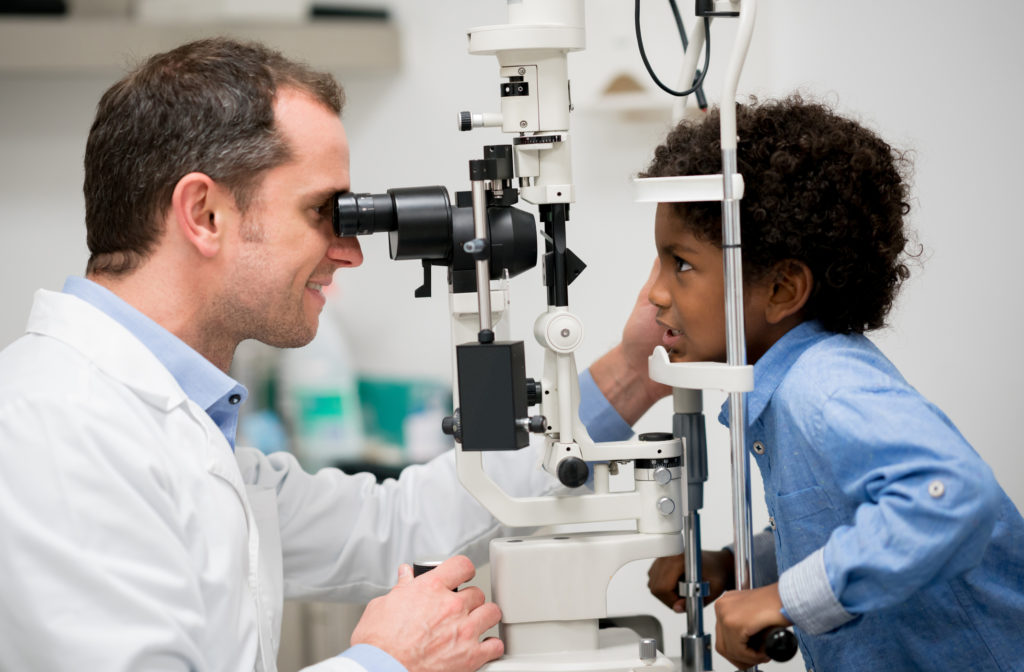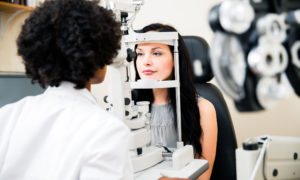August 7, 2019

In the past few years, researchers have found that 54 percent of doctors report feeling burned out. Doctors experiencing burnout are twice as likely to log major medical errors.
A study published in July shows that as medical residents’ symptoms of burnout increase, they become more prone to racial bias, according to reporting by William Wan in The Washington Post.
“It’s becoming clearer with each study just how big of a problem this is,” Liselotte Dyrbye, a researcher at the Mayo Clinic, who wrote the study on racial bias and several other studies on the problem, told Wan.
Doctors are especially prone to burnout, experts say, because of the workload, pressure and chaos under which they often operate. Doctors say their work has become increasingly burdened with bureaucratic work because of cumbersome electronic records and what they call “defensive documentation” to guard against malpractice lawsuits.
Other Articles to Explore
“No doctor wants to think implicit or explicit bias do play a factor, but we know that for anyone emotions impact behavior and decision. And doctors are not exempt from that,” Dyrbye said.
The medical community is increasingly recognizing that doctors’ biases — based on race, gender, obesity or other factors — can harm patients’ health, Wan writes.
“When a woman goes into the hospital with chest pain, for example, there are concerns about whether her pain is taken as seriously as a man’s. Whether doctors are going to miss a heart attack because they interpret it as a possible panic attack,” Vineet Arora, a doctor and medical researcher at the University of Chicago, who was not involved in the study, but has studied how to improve medical students’ training, told Wan.
African-American patients are routinely under-treated for their pain compared with white patients, for example, with doctors more hesitant to prescribe black patients pain medications.
July’s racial bias study — published in the American Medical Association’s JAMA Network Open — measured self-reported symptoms of burnout among non-black physicians during their second and third years of residency, an intensive training phase when doctors begin practicing medicine under supervision and learn a specialized field.
The researchers administered tests for explicit bias by asking residents to rate their feelings toward black or white people on a scale from cold and unfavorable to warm and favorable. The researchers tested implicit bias by asking residents to sort pictures of people of different races along with words like “beautiful,” “cheerful,” “failure,” “scorn” and measuring how quickly they linked favorable traits to black or white faces.
Residents with more symptoms of burnout had higher scores on the measures of explicit and implicit racial bias. The study also found that as burnout decreased in some residents over time, their explicit racial bias also decreased.
While the study suggests a relationship between burnout and bias, it did not establish causation. “You can’t say from the work whether one causes the other,” Arora, who reviewed the study, told Wan. “The assumption is that burnout weakens decision-making and susceptibility to bias. But it could go the other way, too. If you have underlying bias, maybe you’re more prone to burnout because you’re caring for patients of color when you don’t want to be.”



























